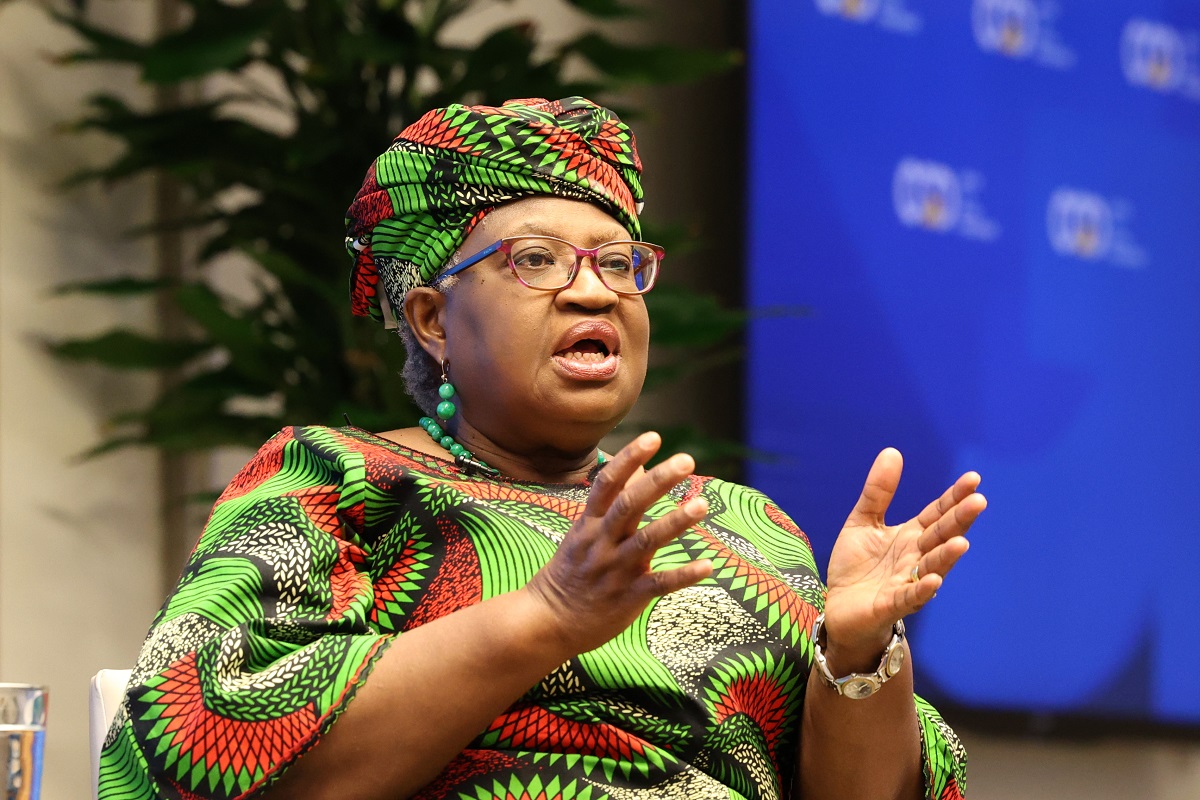My guest Taeho Bark, the Republic of Korea’s trade minister and candidate to be the next director general of the World Trade Organization (WTO), has witnessed the power of trade transform his country into a high-income, dynamic trading entity.“Korea was one of the greatest beneficiaries of a liberal trading regime,” Minister Bark tells me. “It’s time for Korea to make a contribution to the international organization which is governing international trade.”Aside from personal conviction, Minister Bark tells me his experience as a professor, researcher, and practitioner of trade policy, qualifies him to lead the WTO.As trade minister, he has participated in regional trade negotiations with Colombia, Turkey, China and Japan. I ask him if these frequently negotiated bilateral and regional trade deals are eroding the multilateral agreements that are at the heart of the WTO. His answer: No, but the WTO needs to do more to ensure they don’t.“The regional and multilateral trade deals must be complementary to each other,” he explains. “And the WTO must do more work in terms of monitoring regional trade deals in the future.”I ask Minister Bark about another area of trade contention – the Doha Round of development trade talks. Is the pessimism surrounding the failed talks warranted?“Somebody described the Doha Round and the WTO using 3 words: frustration, fatigue, and irrelevance,” he says. “So that describes how Doha and the WTO are situated recently. But we made a strong commitment to do this kind of multilateral trade negotiation because we want to see developing countries getting benefits out of trade liberalization. We have to come up with results, and that’s why we trade ministers are working very hard in Geneva to deliver something at the next round of talks in December in Bali, Indonesia.”I ask Minister Bark what he sees as the most promising deal for the next Doha round in December. He tells me it’s likely the negotiators will come to a consensus on trade facilitation – the procedures and controls governing the movement of goods across borders.“Many developing countries want to modernize their customs clearance procedures but it takes money,” he explains. “We can focus on trade facilitation, and persuade developed countries to help financially to achieve better outcomes. This is one of the most important issues to be delivered in Bali.”As I’ve mentioned in previous Wonkcasts with director general candidates, the WTO is faced with a set of new issues, including dealing with carbon tariffs and export bans. I ask Minister Bark what he would do about these over-the-horizon issues.“Since the WTO was born, we have had a special committee on trade and environment,” Minister Bark explains. “There are so many different interests and positions, so certainly [carbon border adjustment fees] will be a new issue to address.”While Minister Bark conveyed his commitment to dealing with future trade issues, he tells me his number one priority would be to encourage more candid dialogue among WTO members, the director general, and ambassadors.“Otherwise we can’t move ahead and gain consensus on difficult issues,” he says. “To rebuild trust in the Geneva environment is the first thing I would do. It may take some time, but it is the basis you must go back to if you have prolonged problems.”We end the Wonkcast by discussing both the potential advantages and disadvantages that uniquely face a candidate from South Korea. I note that on one hand Korea is uniquely situated to be an intermediary between developed and developing countries, and perhaps between the West and the rapidly industrializing emerging powers in Asia. On the other hand, the current secretary general of the UN is Korean, and the head of the World Bank is a Korean-American. Are other countries willing to have the WTO also lead by a Korean?“I’ve received a lot of similar comments,” Minister Bark responds. “The WTO is very different from the UN, and to some extent, the World Bank. I understand the concern of geographical allocation, but the first criteria should be qualification and merit. I can give you several examples of same-country citizens who are the heads of international organizations.”The full interview is available below. This is the fourth in a planned series of Wonkcasts with candidates to become the next director general of the WTO. To learn when the interviews are posted,
sign up for our weekly Development Update.
My thanks to Alex Gordon for editing the Wonkcast and providing a draft of this blog post.CGD blog posts reflect the views of the authors, drawing on prior research and experience in their areas of expertise.
CGD is a nonpartisan, independent organization and does not take institutional positions.





